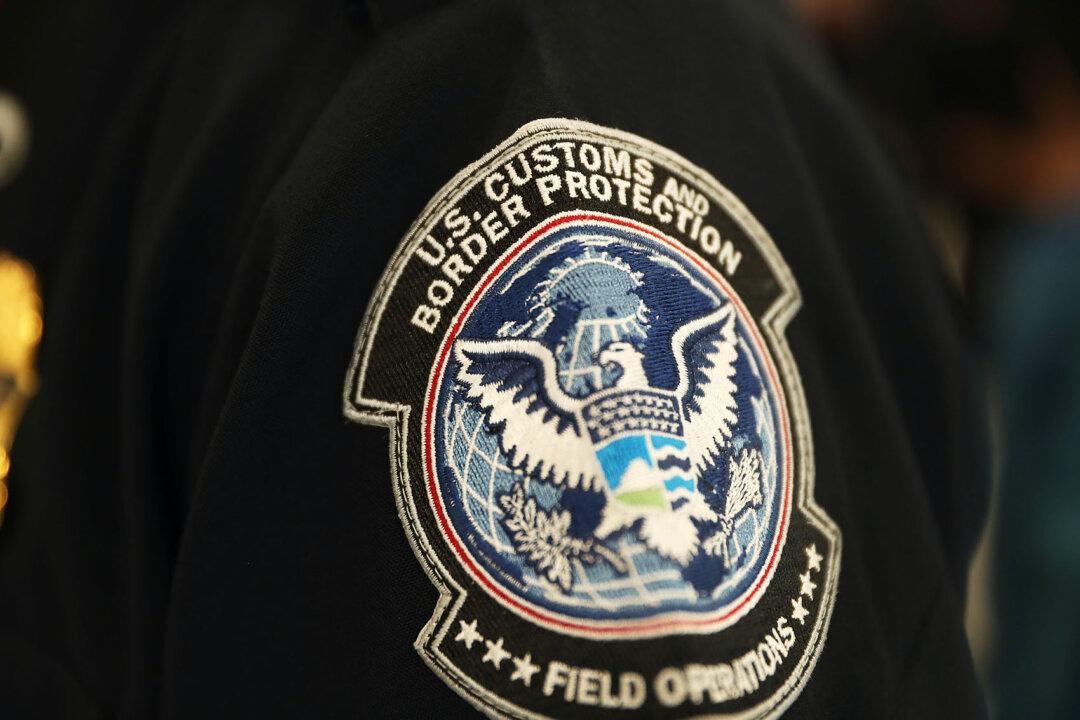U.S. Customs and Border Protection (CBP) said on Monday that its officers at the World Trade Bridge in Laredo, Texas, thwarted an attempt to smuggle a cache of marijuana worth nearly $5.2 million.
The seizure occurred on June 23 when an officer flagged a tractor hauling a commercial shipment for secondary inspection, according to a CBP press release.





